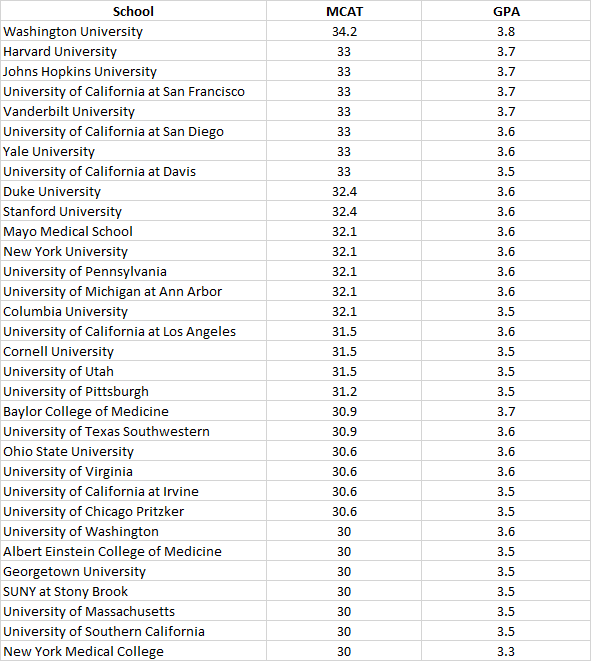Interfolio existed back then, in fact there are SDN threads from the early 2000's asking about it. As did AMCAS. If you want to go back to the days before the interwebz though, I've heard it was basically like applying to undergrad before the common app. Each school had their own paper application you had to fill out and literally write out everything like job/volunteer experiences and their descriptions, grades, personal essays, secondaries, etc. I'm actually old enough where all the UG applications I sent out were paper, and yes, it was painful having to literally write in course names and grades as well as all my extracurriculars for each individual school. I literally spent over a month filling out applications to ~10 schools.
The people I've talked to who are over 50 (ie, went to med school in the 80's) have all said it was still difficult, but that MCAT didn't matter. Basically you had to have a strong GPA from a solid UG to get in, GPA (and research if you had it) was everything and shadowing/volunteering was just fluff. Med school was the big bottleneck though, and there was no such thing as a "competitive field" in terms of residency. Like you said, as long as you passed boards you could literally get into (almost) any field you wanted, and I know more than a few orthos that said they'd have exactly 0% chance of being ortho surgeons if they had to go through the match today.


